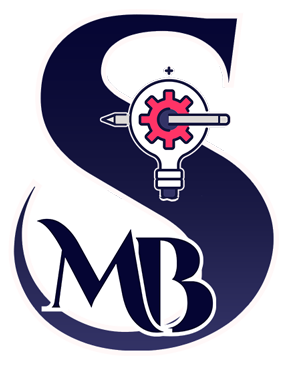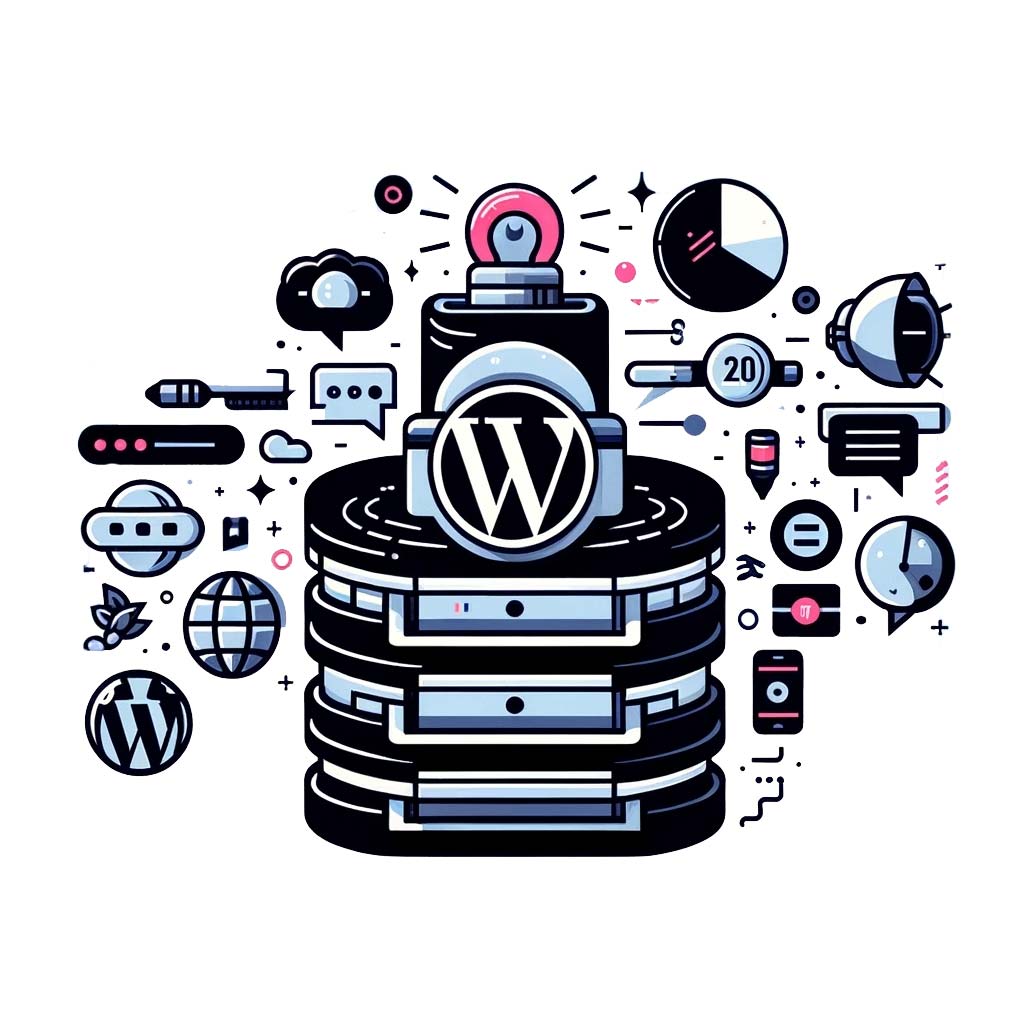Did you know that over 40% of all websites on the internet are powered by WordPress?
What Is WordPress?
WordPress was created by Mike Little and Matt Mullenweg back in 2003. They sought to create an elegant looking, personal publishing system which would be easy to use by anyone.
They worked hard, and today WordPress is an open source project with immense power to leverage the vision you have for your business or brand’s presence online.
What Is WordPress CMS?
The WordPress Content Management System (CMS) is an easy to use platform with an administrator dashboard from where you can manage all your content and website functionality.
Anyone can learn how to use the WordPress CMS for free, as it is free to everyone.
Why WordPress?
There are so many reasons for using WordPress, and since everyone has diverse needs, it’s hard to list all of it’s benefits.
Over the past decades, we have developed extensive experience in WordPress, and absolutely love it for it’s flexibility, versatility and scalability.
WordPress is easy to use, SEO friendly, and has an extensive plugin ecosystem to expand the functionality of your website as you need it.
In this article, we explore the top 20 reasons why we believe the WordPress CMS platform to be the best option for any website:
17 – User-Friendly Interface
WordPress boasts a straightforward dashboard that makes website management accessible, even for non-tecchies.
When we finish building a client’s website, we usually handover the website with a short handover guide, and most clients report back that they enjoy using their new website interphase.
It is though important to note that the WordPress admin dashboard is not necessarily the most modern looking, but it’s practical and highly efficient.
16 – Extensive Customization Options
With other website page builder systems you are often locked into costly monthly or yearly packages with limited functionality. If you take time to work out the costs, you’ll notice that it costs much more to have a website built with most other website builders, compared to WordPress.
WordPress websites can be robustly and fully customized with the thousands of themes and plugins available. Many plugins and themes are free, but if you have to spend money for additional functionality it’s usually worth it, or can be acquired at a once off lifetime fee.
We love the limitless customization options that we can implement ourselves by using WordPress. Most other website builders don’t allow you access to the code section of your website, which becomes problematic for custom built features and functionality.
15 – SEO-Friendly
WordPress sites are SEO-friendly, offering various tools and plugins, such as Yoast SEO and RankMath, to further optimize your site for search engines. We found RankMath and Yoast SEO to indeed be very easy to use, and love the instant indexing options available.
14 – Responsive Design
In a mobile-first world, having a website that looks great on any device is crucial. We love the ability to take full control of the desktop, laptop, mobile and tablet versions of our websites.
13 – E-commerce Integration
For businesses and individual brands eager to venture into online sales, WordPress offers seamless integration with WooCommerce, a leading e-commerce platform. This integration facilitates an effortless start to launching an online shop at no initial cost—yes, WooCommerce is free to use! However, there’s a catch. Many WooCommerce stores tend to have a similar appearance. If you’re aiming for a more modern or unique look beyond the standard presentation, investing in professional plugins or hiring a website designer could be a wise decision to achieve the desired aesthetic for your online store.
12 – Multilingual Support
WordPress supports multilingual websites, allowing businesses to reach a global audience by creating content in various languages. The way to achieve this is by installing multilingual plugins.
11 – Regular Updates
WordPress is constantly being improved with regular updates that enhance it’s usability, interphase, and infrastructure.
The WordPress team also works hard to introduce new features to make our lives easier.
Over the past years, we have seen WordPress continue to improve. Today, the interphase is a lot easier to use, and super easy to install.
10 – Large Community Support
Being the most widely used CMS, WordPress has a vast community of users and developers, providing a wealth of knowledge, support, and resources.
There is also a treasure-trove of online tutorials on YouTube and various education websites for almost anything related to WordPress.
9 – Content Management Ease
WordPress started as a blogging platform, which means its content management are one of it’s core functionalities.
We have found WordPress content management to be one of the best, and most costeffective.
8 – Cost-Effective
WordPress itself is free, and many of its themes and plugins are also free or affordably priced, making it a cost-effective solution for building and managing a website.
Furthermore, there are often plugins and themes with lifetime licenses. So you pay a fee once, and get lifetime updates. (For as long as the developer supports the project of course.)
7 – Customizable To Your Needs
One of the biggest reasons 40% of websites today are WordPress websites compared to any other website builder is because you can build almost any type of website with WordPress. This is because the code is open-source, so you can hire a developer who will build custom features and functionality for you if there is not already an existing plugin doing it.
6 – High Scalability
Growth for any brand or business is super important. You might start small today, but everyone wants to grow.
Therefore, you need a website CMS that can scale as you need it.
Whether you’re starting small or have plans for significant growth, WordPress is a CMS that is infinitely scalable.
It is capable of handling anything from a single landing page to a website with thousands of pages.
5 – Accessible Analytics and SEO Tools
With plugins like Google Analytics for WordPress and Yoast SEO, tracking your site’s performance and optimizing for search engines is straightforward.
Most companies these days have plugin integrations for WordPress. Google Kit connects everything google to your site without you needing to add tags to the backend and complicated setup. A couple of clicks gets everything from Google Analytics, Google Console to Facebook connected.
4 – Social Media Integration
If social media forms part of your brand strategy for marketing or communication, then you needn’t worry.
WordPress makes it easy to integrate your social media feeds into your website, blogs and pages.
There are also plugins for automatic post scheduling to most social platforms, so you don’t have to use expensive 3rd party platforms.
3 – Options to Optimize Speed and Performance
One aspect of WordPress we must admit was it’s reputation for getting bulky and slow loading.
With the new WordPress though, site speeds have dramatically improved, and with the right setup, themes, and plugins, WordPress websites can load quickly.
Top Tip: Remember to keep your website lean. Delete plugins and themes you don’t use. Use the default cache your website hosting company usually provides.
2 – Easy Media Management
Uploading and managing media files is simple with WordPress’s drag-and-drop media uploader.
If you like to keep your files organized into folders, then there are plugins for that too.
1 – Flexibility and Versatility
Above all, WordPress’s greatest strength lies in its flexibility and versatility, suitable for all types of websites.
Whether you need a large website for a corporate company, or a basic blog website to record your travels, you can do it all in WordPress.
There are plugins and themes for almost anything, and a large community of experts to ask for advise when you get stuck.
Yes, WordPress stands as an example of what open source can accomplish. And we are proud to have been using WordPress now for decades. Thank you for the hard work WordPress team. We appreciate you!
In closing, if you still have doubts, we suggest installing a WordPress CMS for your website, and giving it a try. I’m sure you’ll thank us later.

